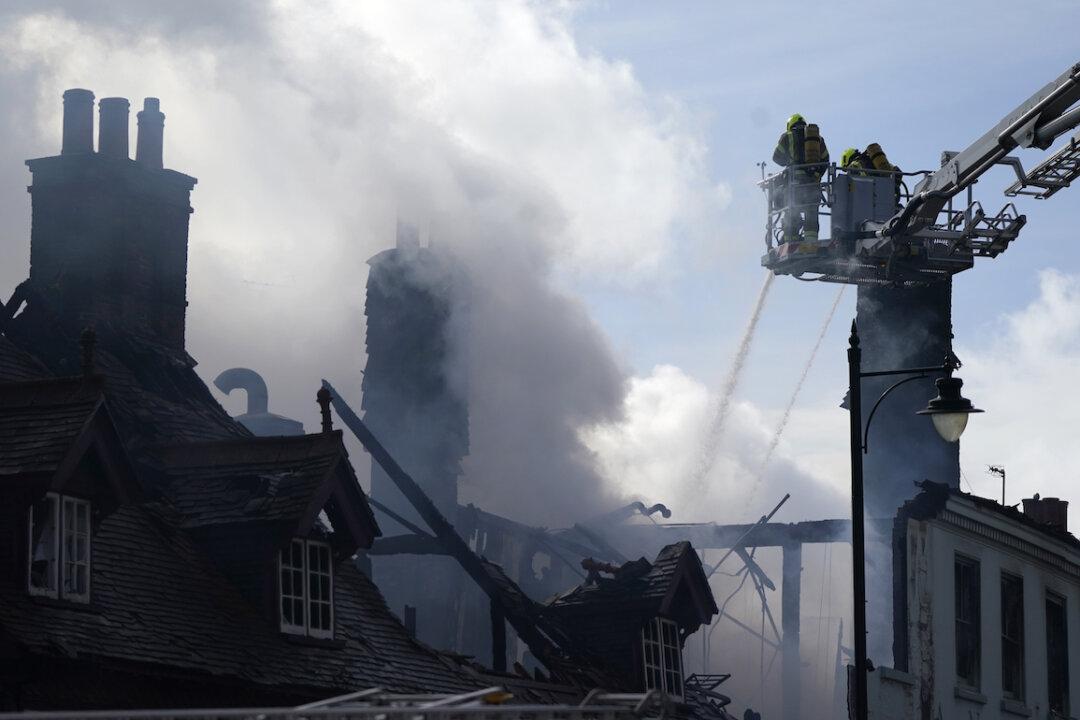“Deeply troubling” evidence of bullying, harassment, and discrimination in England’s fire service ranks could be “the tip of the iceberg,” an independent inspector has said.
According to a report from His Majesty’s Inspectorate of Constabulary and Fire & Rescue Services (HMICFRS), staff recalled racist, sexist, and homophobic comments and behaviours which had gone unchallenged or been dismissed as “banter.”





